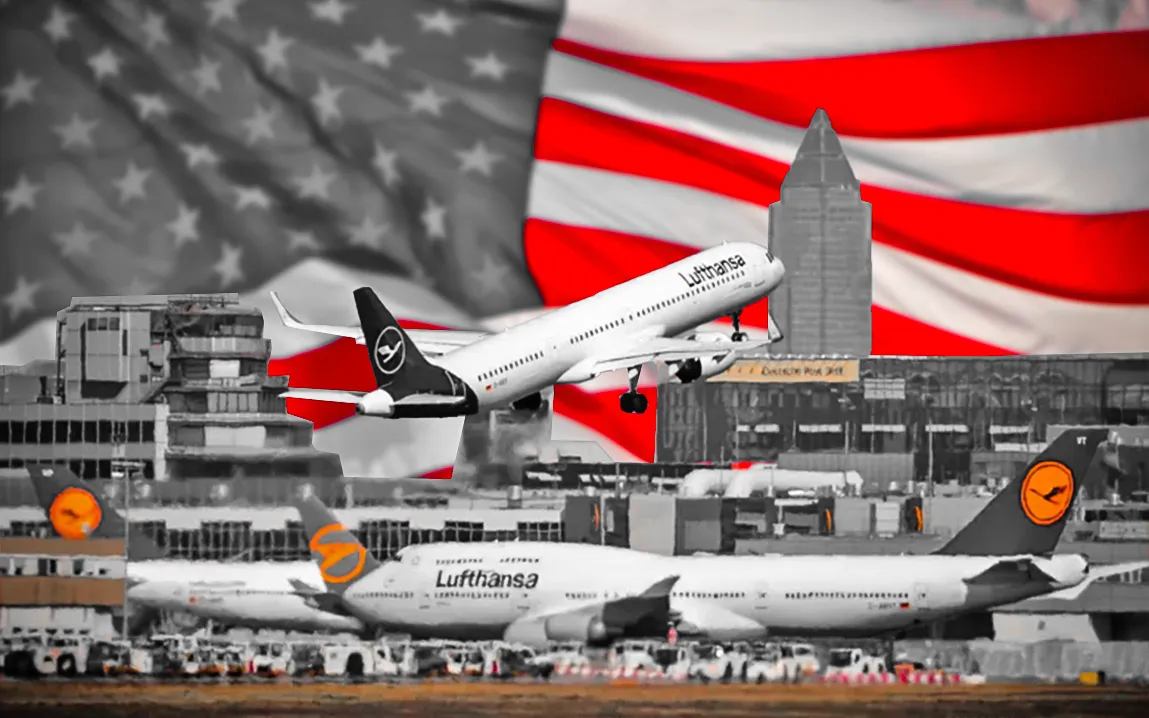Another case is Lufthansa-the German airline, which was fined $4 million by the United States Department of Transportation for an action against Orthodox Jewish passengers in December 2022. A penalty statement was issued as an overreaction to an incident which occurred on a flight from Frankfurt to Budapest on Lufthansa Airlines. Such cases bring into sharp focus how the protection of non-discrimination policies and passenger rights issue will loom prominently at the very center of the aviation industry.
The incident was sparked by Lufthansa’s alleged denial to board a substantial number of Orthodox Jewish passengers due to some of them allegedly breaking airline’s mask mandates. The airline’s actions toward refusing the group en masse as discriminatory and disproportionate stirred anger within and outside the Jewish community.
In May 2022, an orthodox Jewish party was to travel on a wider trip from New York City as they journeyed from Frankfurt, Germany, to Budapest, Hungary. Allegedly, the trouble began when some passengers did not put on masks as required by Lufthansa. Because of this, the airliner decided to refuse to board the passengers who had broken the rule but to bar the whole party numbering over 100 passengers.
The viral nature of the incident through social media pictures and videos showed how the situation at the gate intensified. Several images circulated depicting Lufthansa staff blocking Orthodox Jewish passengers while letting others, who were not apparently visible as being part of the group, board the flight. Lufthansa’s broad approach in handling the situation stirred allegations of discriminatory profiling based on the religious appearance of the passengers.
In response to the outcry of the public, Lufthansa apologized stating that the situation has been mishandled. The company said that it was conducting internal investigations to ensure that such a thing would not happen again. Despite that, the firm received immense criticism for not taking full responsibility over its actions as discriminatory at the onset when the incident first occurred.
The U.S. DOT also launched its investigations into the case since a number of the passengers were American citizens and the flight was on an international route that started from the United States. The Office of Aviation Consumer Protection of the DOT concluded that Lufthansa’s actions were against the anti-discrimination policies and rights of the passenger and hence penalized the airline with a $4 million fine .
In its statement, the DOT reiterated commitment to passenger rights and ensuring that all passengers are treated equitably, regardless of religion or ethnicity. The agency pointed out that although airlines may have the right to have people abide by safety protocols such as wearing masks, it said those practices cannot be carried out discriminatorily. The DOT underlined that collective punishment based on religious appearance or association is unacceptable.
This case, according to Transportation Secretary Pete Buttigieg, sends a clear message that discriminatory treatment of passengers will not be tolerated, whether intentional or unintentional. We continue to hold airlines accountable toward upholding the rights of all travelers,'” he said.
Lufthansa responded to the DOT judgment stating that it intends to pay off the fine and emphasize its commitment to diversity and inclusion. In addition, the carrier noted clearly that this incident was an unfortunate mishap, not some reflection of the carrier’s wider policies. Lufthansa also noted that it had conducted further trainings for its staff after the incident. The objective of the training is to strictly observe anti-discrimination regulations as well as better handle such situations in the future.
This is stated by the airline to mean that even though it considers safety above everything else and maintains strict compliance with its regulations, it is still sensitive to issues people raise regarding their concerns.
The $4 million fine reminds airlines operating within the United States and worldwide to respect anti-discrimination laws. It has been a challenge for the aviation industry: it must safeguard, for instance, mask-wearing measures while at the same time making sure that all its passengers are treated equitably without prejudice.
As international travel continues to rebound from the effects of the pandemic, the action taken by the DOT underlines an essential ongoing need for vigilance in maintaining passenger rights and upholding anti-discrimination standards. The Lufthansa case will give example and motivate airlines to review and refine their policies as well as training programs so that they do not have to experience this sort of situation again in future times.




